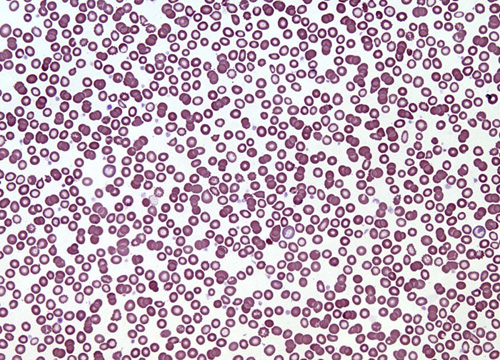 March 16, 2011 08:00 AM Eastern Daylight Time
March 16, 2011 08:00 AM Eastern Daylight Time
A Food-based, Natural, Convenient and tasty Solution
SACRAMENTO, Calif.–(BUSINESS WIRE)–Given their palatability, tolerability and availability, dried plums should be considered the initial approach to the management of mild to moderate constipation in the general population, according to results of a randomized clinical trial recently published in Alimentary Pharmacology and Therapeutics1.
Lead researcher Satish Rao MD, PhD, Division of Gastro-enterology/Hepatology, Department of Internal Medicine, University of Iowa Hospitals and Clinics said: “Treatment of chronic constipation remains challenging with 50 percent of patients dissatisfied with current therapy. There is an unmet need for natural, safe alternatives. Dried plums (prunes) have been traditionally used for constipation but they have not been scientifically studied for this effect. We assessed and compared the effects of dried plums and psyllium in patients with chronic constipation.”
Forty adult constipated subjects (males and females, mean age = 38 years) were enrolled in an eight week, single-blind, randomized cross-over study. Participants received a total of 6 grams of fiber from either 50 grams of dried plums (about 5-6) eaten twice a day or 11 grams of psyllium (1 tablespoon psyllium) taken in water twice a day for 3 weeks each, in a cross-over trial with a one-week washout period. Subjects maintained a daily symptom and stool diary to help assess the number of complete spontaneous bowel movements per week (CSBM, the primary outcome measure), global relief of constipation, stool consistency, straining, tolerability and taste.
The number of CSBM’s per week and stool consistency scores improved significantly (p<0.05) with dried plums when compared to psyllium. Straining effort was similar with both treatments. Global constipation symptoms improved (p<0.05) with dried plums and psyllium, but there was no difference between treatments. Dried plums and psyllium were rated as equally palatable and both were safe and well tolerated.
Citing literature on the prevalence of constipation, Dr. Rao commented: “Constipation is a common problem that affects up to 20 percent of the world’s population. nearly 60 million Americans suffer from chronic constipation. many people are looking for a natural, food-based solution to over-the-counter laxatives and fiber supplements. We were pleased that our research demonstrated that dried plums are safe, palatable and more effective than psyllium for the treatment of mild to moderate constipation.”
This research and other studies continue to add to the science linking dried plums to a variety of health-related benefits such as bone health. Research by Bernard Halloran, PhD, San Francisco Veterans Administration Medical Center, discovered that a diet incorporating powdered dried plum restored bone lost by mice (equivalent to middle-aged and 60-70 year-old people) during the course of normal aging.2 Dried plums contain many compounds such as copper, boron, vitamin K and potassium which could contribute to bone health and probably act synergistically.
This study was supported by the California Dried Plum Board.
California Dried Plum Board: The CDPB represents 900 dried plum growers and 21 dried plum packers under the authority of the California Secretary of Food and Agriculture. Revered as part of California’s rich history, the dried plum remains a vital player in California’s economic wealth. California produces 99 percent of the United States’ and 50 percent of the world’s supply of dried plums, a convenient, healthy snack for today’s busy lifestyle. For more information, please visit californiadriedplums.org.
1 Attaluri A., Donahoe R., Paulson J., Brown K., Rao S. S. C. Randomized clinical trial: dried plums (prunes) versus psyllium in constipation. Aliment. Pharmacol. Ther. April 2011, Volume 33, Issue 7: 822-828.
2 Halloran BP, Wronski TJ, VonHerzen DC, Chu V, Xia X, Pingel JE, Williams AA, Smith BJ. Dietary dried plum increases bone mass in adult and aged male mice. J Nutr (2010) 140: 1781-87.